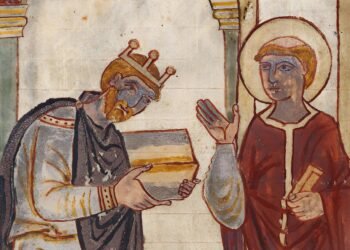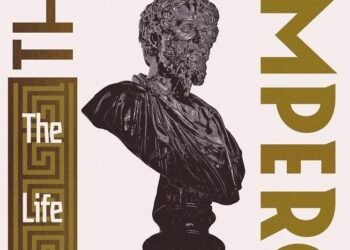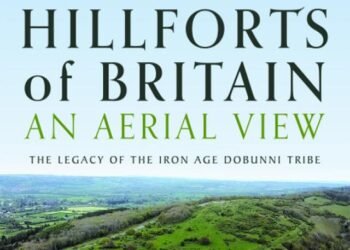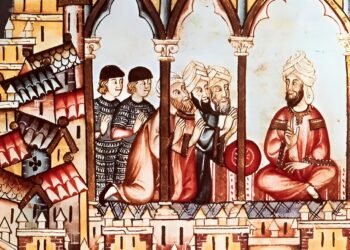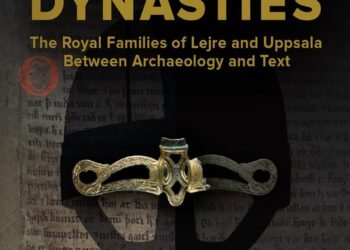The Royal Commission for AlUla is set to host a global archaeology conference on October 30-31, focusing on the future of archaeology and the heritage of nomadic societies. The event, which will alternate annually with the AlUla World Archaeology Summit, promises to bring together researchers and cultural heritage experts from across the globe. Set against the stunning backdrop of AlUla, the conference will take place at Maraya, a striking mirrored venue that harmonizes with its surrounding landscape.

The primary focus of this year’s conference is to explore the crucial role mobility has played throughout history, especially for nomadic societies. From prehistoric times, mobility was vital for accessing new opportunities, improving living conditions, and addressing various challenges, including environmental changes and social and political instabilities. The conference will examine the impact of mobility on both past and present societies.
Abdulrahman Alsuhaibani, Vice President of Culture at the Royal Commission for AlUla, said, “AlUla has held a unique position for thousands of years as a crossroads for civilizations, serving as a beacon for cultural and intellectual exchange.” He added that this event will maintain the momentum generated by last year’s AlUla World Archaeology Summit while preparing for the 2025 summit. With over 30,000 archaeological sites identified and 12 ongoing projects, AlUla is recognized as one of the most active regions globally in archaeological exploration.
The conference will feature a mix of presentations, dialogues, workshops, and case studies, along with the display of several archaeological artifacts uncovered in AlUla. A key element of the agenda is the examination of prehistoric mobility, particularly how caravan routes helped societies adapt to environmental challenges and natural disasters. Although modern-day mobility has faced challenges, such as the restrictions imposed during the COVID-19 pandemic, the conference will offer an opportunity to reflect on the significance of movement in shaping societies.
Esteemed speakers will include Professor Willeke Wendrich from UCLA, Professor Stefano Biagetti from Pompeu Fabra University in Barcelona, and Peter Debrine from UNESCO’s Sustainable Tourism Programme.
A highlight of the event will be the first-ever global exhibition of archaeological pieces from the National Archaeological Museum of Naples, Italy. Attendees will also have the opportunity to participate in field visits to some of AlUla’s most notable archaeological sites, including nearby areas such as Tayma and Khaybar.
Research conducted by Saudi and international archaeologists under the Royal Commission has already revealed remarkable findings in AlUla. Among the discoveries are the massive stone structures known as “mustatil” (rectangles), ancient animal traps referred to as “desert kites,” long “funerary avenues” lined with tombs connecting oases, and standing stone circles used as dwellings.



